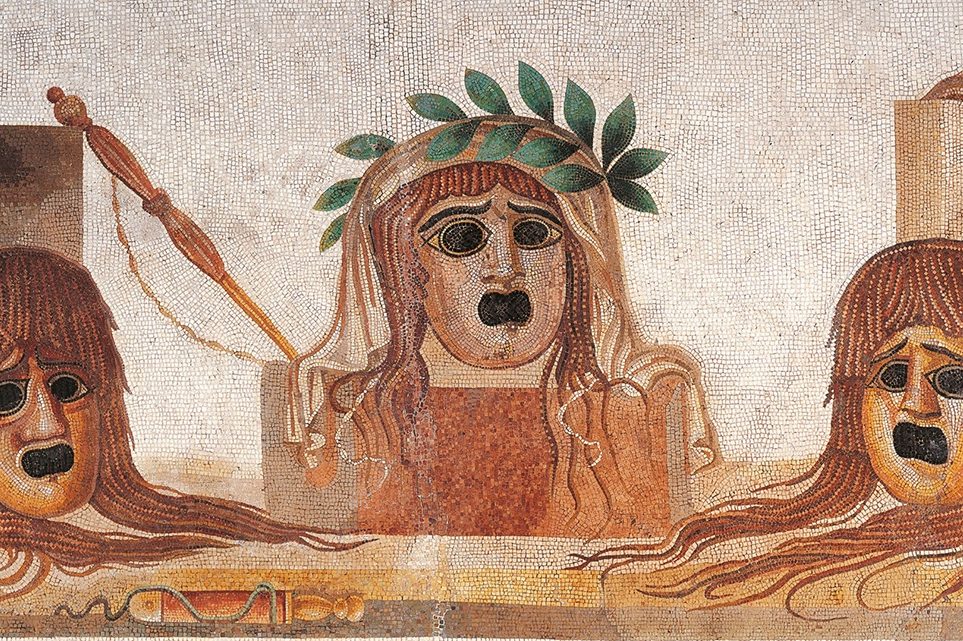The death of Queen Elizabeth II raises the question of a commemoration of her extraordinary years of service.
Augustus ruled the Roman empire from 27 BC to AD 14 and was the longest serving of the roughly seventy emperors of the Western empire (which ended technically in AD 476). He may have cracked a joke on his deathbed, asking those around him to applaud if he had played his part well in the comedy of life, but he was in deadly earnest about documenting in the first person a selective record of his own achievements (res gestae) for posting across the empire in both Greek and Latin.
For example, he tells how he gave every Roman citizen 400 solidi (nearly half a soldier’s annual pay) in 29, 24 and 11 BC and more than 1.2 billion ss. in handouts to soldiers. He transferred private funds of 320 million ss. to the treasury; he paid for grain distribution among the people when treasury funds ran short; he built twenty-one temples and restored eighty-five buildings and laid on more than eighty games and shows.
He brought peace to Gaul, Spain, Germany and the Alps from the Adriatic to the Tuscan sea; won battles in Ethiopia, Arabia, Armenia, Parthia and North Africa; brought Egypt and lands across the Danube into the empire; welcomed nine kings as suppliants; “captured about 30,000 slaves who had escaped from their masters to fight the republic and returned them for punishment”; and received embassies from India, tribes covering much of Ukraine and western Russia, and kings of the Albanians, Iberians and Medes. And so on.
The known world is about twelve times larger than the one of which Augustus was (probably) aware. A military emperor, he would have been baffled by, and perhaps envious of, a mere queen who, from the backwaters of Ultima Thule and without military involvement, won the love and respect of much of that world by means of soft power and de-imperializing her subjects. For Her Majesty, a self-effacing woman, that may all have been simply in the line of duty. But after the shock of her death has passed, should we just leave it at that?
This article was originally published in The Spectator’s November 2022 World edition.

























